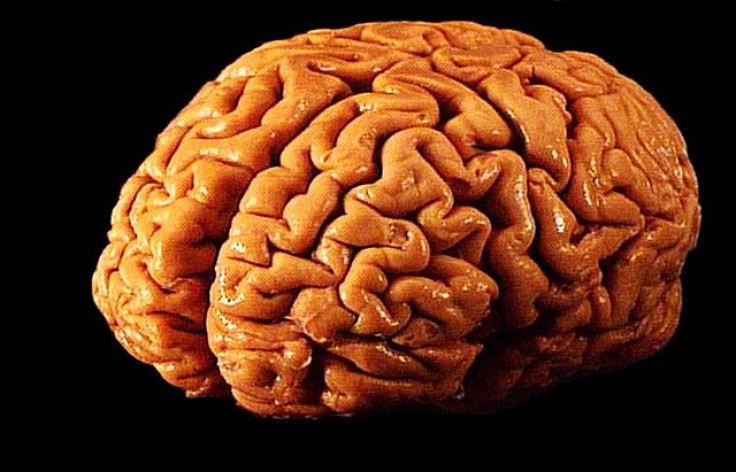Check Your Blood Pressure: How Hypertension Is Associated With Cognitive Decline

As we get older, we start to experience something called cognitive decline. This means that, as early as your 20s, you slowly begin to lose the ability to think and reason. Eventually, this could lead to dementia. These changes in your brain can also lead to forgetfulness, decreased ability to maintain focus, and decreased problem-solving capability.
In two recent studies published in the American Journal of Hypertension, scientists have found that hypertension may also have a hand in cognitive decline. In the first study, titled “Racial Disparity in Cognitive and Functional Disability in Hypertension and its Mortality,” lead author Ihab Hajjar and his team assessed the prevalence and racial disparity of subjective cognitive and functional limitations and their impact on mortality in the hypertensive U.S. population. The results found that, when comparing hypertensive Americans against non-hypertensive Americans, the prevalence of cognitive and functional decline is higher in the Americans with hypertension. The study found that cognitive and functional decline in hypertensive Americans leads to a greater mortality rate. Hypertensive African-Americans, who carry the greatest burden of hypertension, were found to also carry a disproportionate amount when it came to their limitations.
The second study, titled “Hypertension, Dietary Sodium, and Cognitive Decline: Results from the Women's Health Initiative Memory Study,” tracked the relationships of hypertension, antihypertensive treatment, and sodium intake on cognitive decline in older women. Women who had uncontrolled blood pressure and had antihypertension treatment were at the greatest risk of developing cognitive decline. However, sodium intake didn’t change the risk in any of the women, whether they were on antihypertension treatment or not.
Cognitive decline does not affect individuals equally, however. There are many factors that go into cognitive decline, including excess body weight, your lifestyle and social network, and various other biomarkers or medical conditions. Most of these factors are also easily modified by making the proper life choices. Studies have also shown that having a demanding job can help keep your brain healthy and cognitive decline at bay. So, as much as you’d like to not work hard, maybe give your brain a workout.
Hypertension is also easily remedied, although the younger you are, the easier it is. Decreasing your high blood pressure can be done by changing your lifestyle. Eat a healthy diet with less salt, exercise often, quit smoking if you do, and try to maintain a healthy weight. Even if you do all this, a doctor might still recommend medication that will help lower your blood pressure.
Source: Hajjar I, et al. American Journal of Hypertension. 2015.



























